Long March Project — Ho Chi Minh Trail
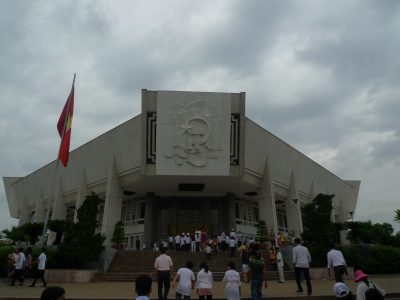
Stage I | Field Research & Curatorial Intent
Ho Chi Minh Trail
Time: 2008-2009
Location: Vietnam, Cambodia, Laos
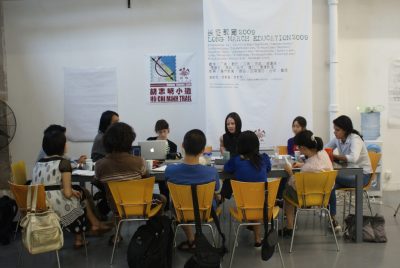
Stage II | Educational Residency
Ho Chi Minh Trail
Time: July , 2009
Location: Beijing
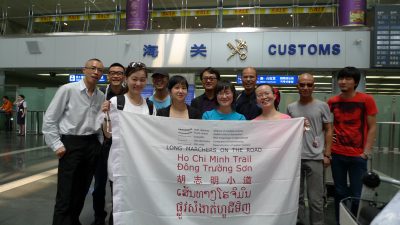
Stage III | The Journey
Ho Chi Minh Trail
Time: June 12, 2010 – July 3
Location: Vietnam, Cambodia, Laos, China
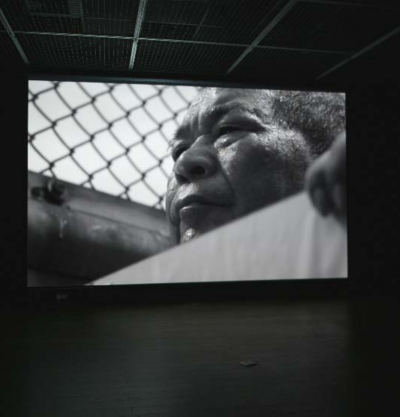
Stage IV | Rehearsal & Theatre
Ho Chi Minh Trail
August – December 2010, Long March Space, Beijing
October 2010 – January 2011, “Rehearsal”, 8th Shanghai Biennial, Shanghai Art Museum, Shanghai
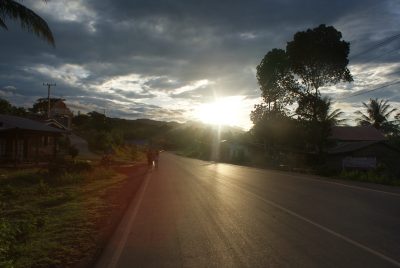
Thirteen Points from Participating Curators, Artists and Philosophers
Ho Chi Minh Trail
Time: 2010
Author: Curators, artists and philosophers who participated in “Long March Project – Ho Chi Minh Trail”
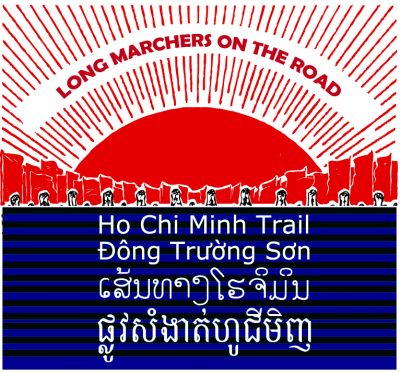
Participants & Chronology
Ho Chi Minh Trail
Time: 2006-2010
Thirteen Points from Participating Curators, Artists and Philosophers
Ho Chi Minh Trail
Time: 2010
Author: Curators, artists and philosophers who participated in “Long March Project – Ho Chi Minh Trail”
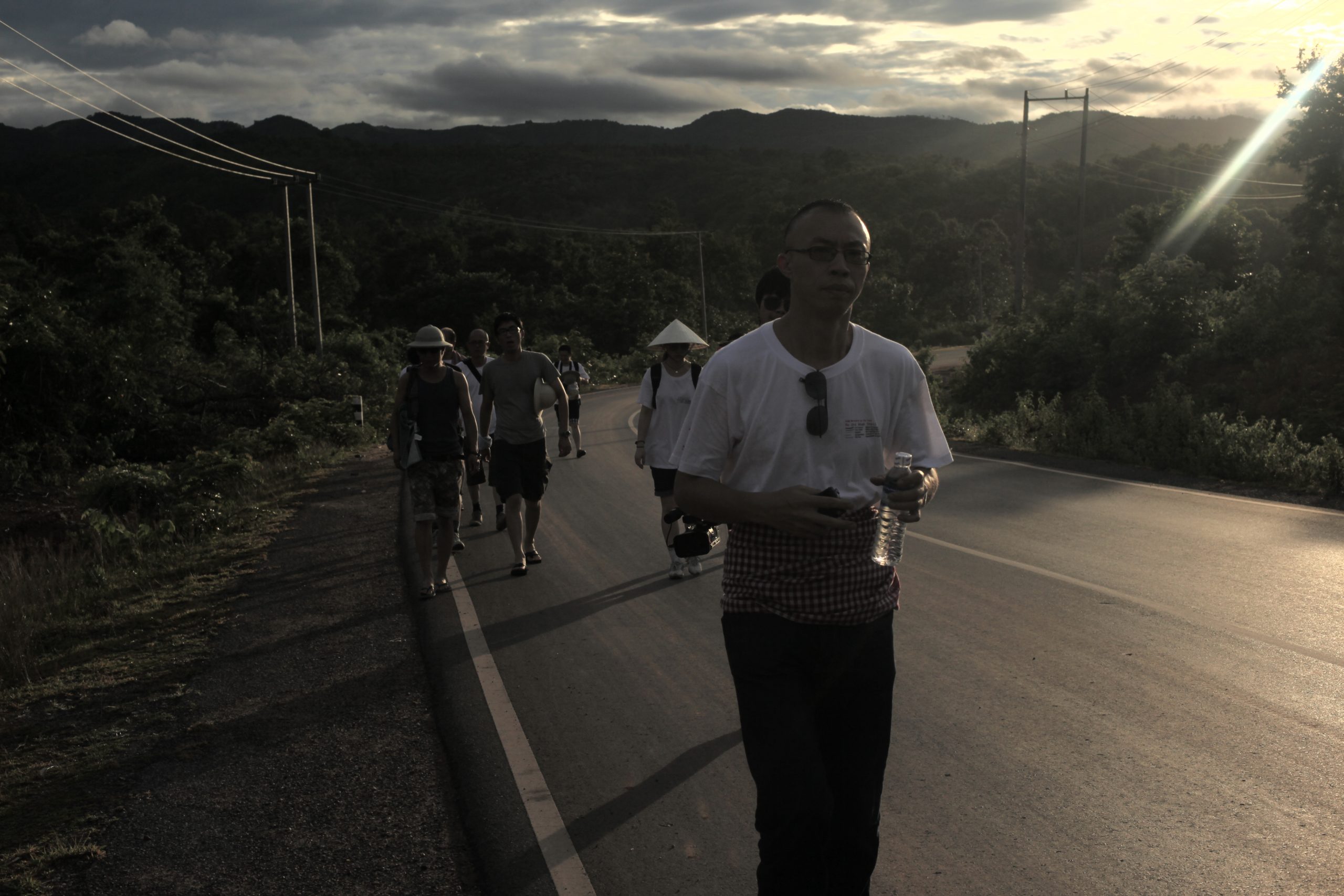
1. The Ho Chi Minh Trail project is a rehearsal for the theatre of mass media – society - art; it is an act of preparation to hurl oneself into the eventual event—a kind of reading of society.
2. Ho Chi Minh Trail is not a search but an encounter, not an expression but an immersion.
3. Taking on the burden of history is not an act of retracing historical memory, but a restless attempt to position the present in history.
4. When you are told about a way called the Ho Chi Minh Trail, this is what we call a political moment; and in this moment, you are not innocent. Anybody who has not been told about the trail is also not innocent. The Ho Chi Minh Trail exists in every one of us.
5. Journeying between historicism and opportunism?
6. How can artists avoid massaging ideology?
7. Art as an autistic theatre—a closed circulation of images, symbols, power, and values.
8. Under the weight of truth, we search for the luggage of history
9. We are not seeking for a new political topic or space but a renewal of our political approach.
10. Be cautious of identity politics, the politics of discourse, and the culture of healing as therapeutic means for political compensation.
11. How can we arrive simultaneously at the originality of art and radicality of politics.
12. With what has the historical practice of socialism left us?
13. One must first become an artist then an individual.
